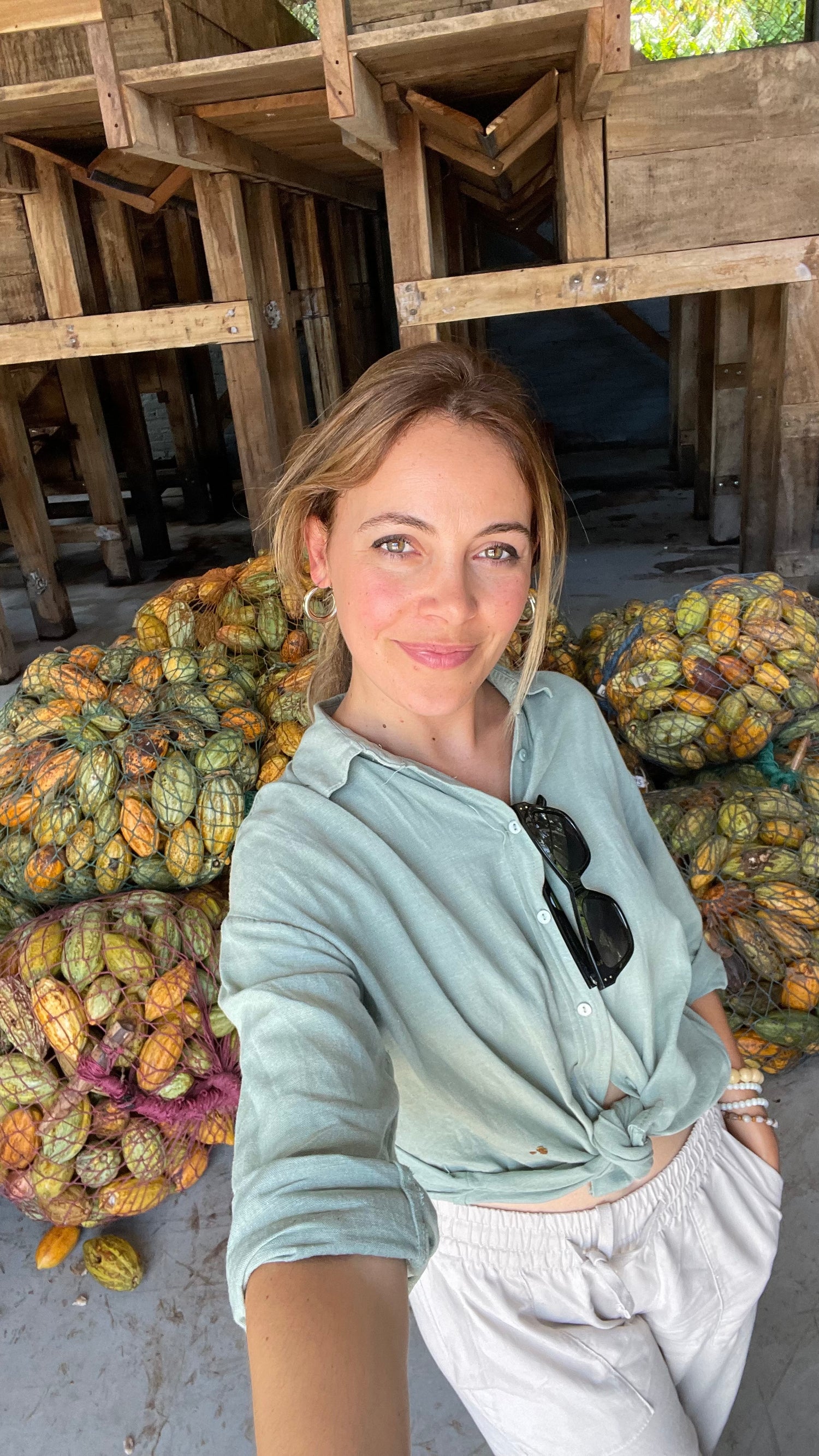Who we are

Juan Rafael Trigueros Hill
🇸🇻 co-founder
Hi, I'm Juan Rafael, born and raised in San Salvador and today I divide my time between El Salvador and Sardinia.
After my studies in economics, I started my career in the beverage industry with SABMiller for Coca Cola. Later, I worked for Lenzing AG, representing textile raw material producers, and Coconut Cartel Ltd in Miami.
Since 2006, I have dedicated time and energy to valorizing the ancestral cocoa of our small family plantation, Finca Cuyancúa , and contributed to the creation of the first cooperative dedicated to the regeneration of Salvadoran fino de aroma cocoa, ES-CACAO.
This experience has prepared me to better understand the agricultural part and subsequently the artisanal primary processing, known as "bean to bar": all in compliance with ethical and sustainable practices, as I have always thought was the most correct way to have cocoa for the future.
My commitment is to ensure that every VAICACAO product carries with it our dedication to authenticity, which has a positive impact in my country of origin, El Salvador, in addition to high quality and sustainability in all its facets.

Elisa Parriciatu
🇮🇹 CO-FOUNDER
